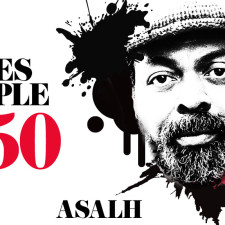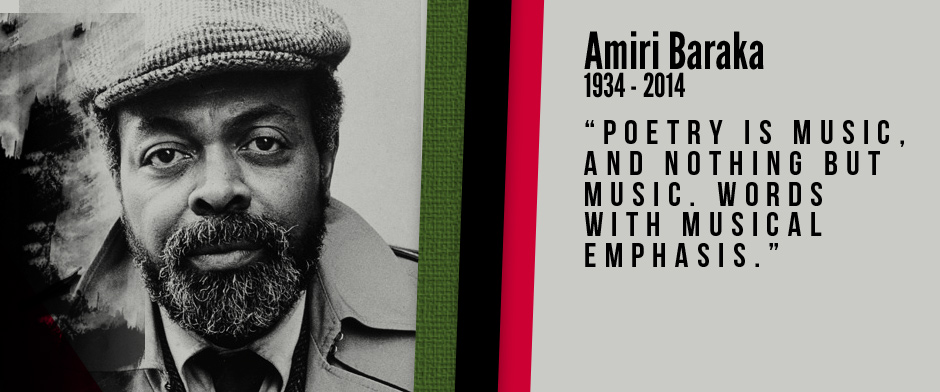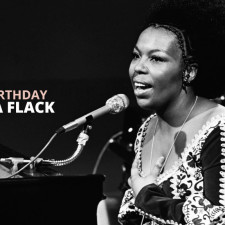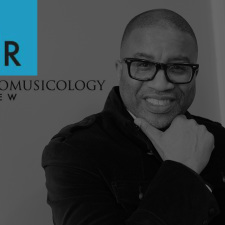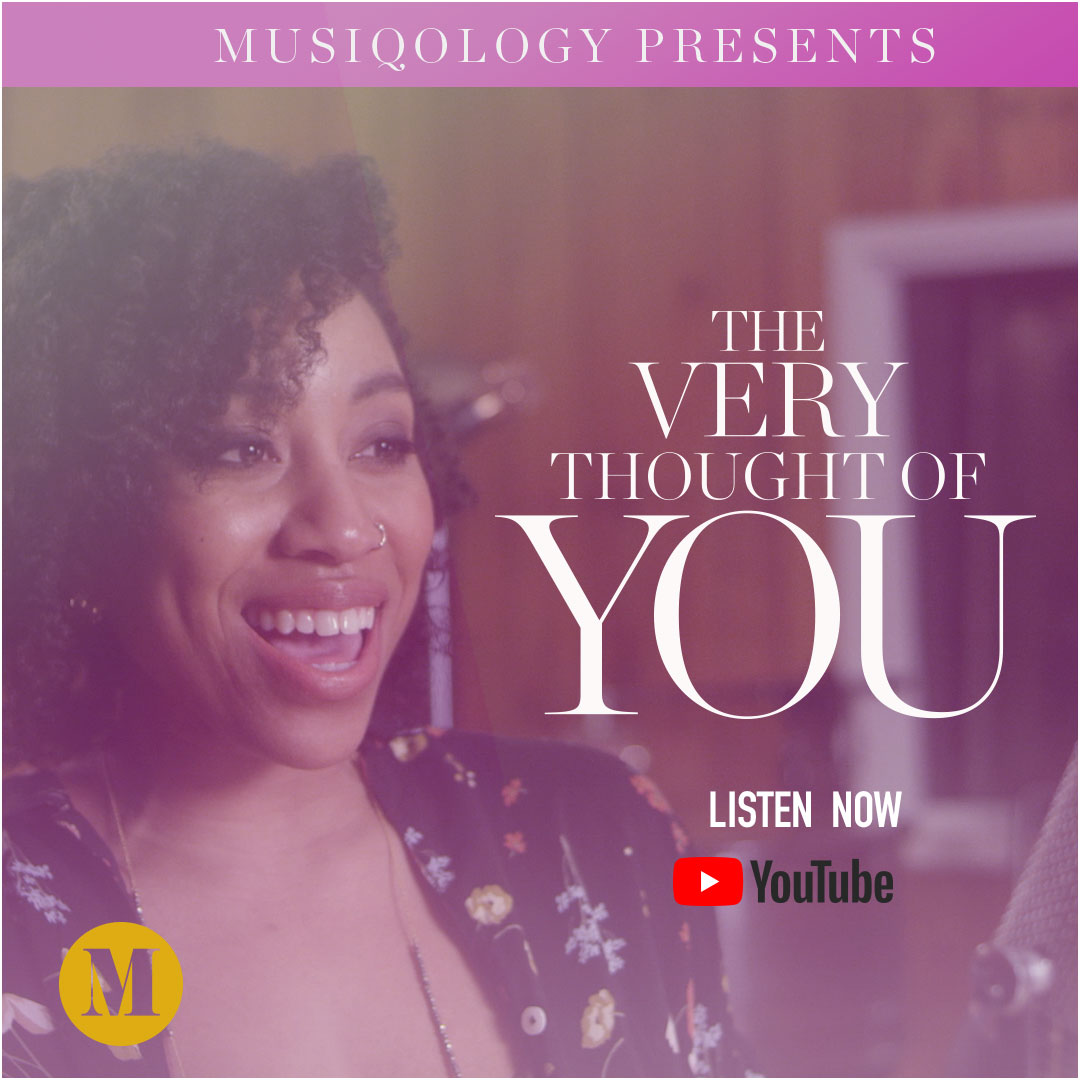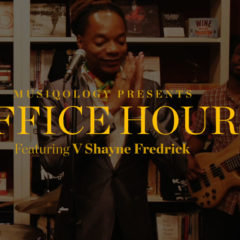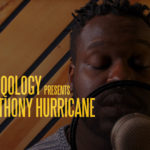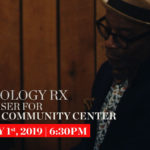Recently the International Association for the Study of Popular Music (IASPM) held its 18th biennial at the University of Campinas in Brazil. I was fortunate enough to attend and to present on a panel of dynamic Black women.
Although it’s always a privilege to talk about my work, especially internationally, what moved me most was the opportunity to share this experience with women whom I consider to be great friends and erudite scholars. We, Black women, took a brief refuge from the dramatic social storms of North America and flew South to Brazil for a winter that felt more like Spring. There, we relaxed, worked, and ate (a lot) together. It was a needed week of sisterhood and camaraderie.
In that spirit, I wanted my friends to share their experiences of our time in Campinas, São Paulo, Brazil.
Fredara M. Hadley
Oberlin College/Managing Editor, Musiqology

(L-R) Gayle Murchison, Fredara M. Hadley, Charrise Barron, Alisha Jones, Luciana Xavier de Oliveira, Birgitta Johnson)
Charrise Barron
I had the honor of presenting on an IASPM conference panel with the incomparable ethnomusicologists Dr. Birgitta Johnson and Dr. Fradera Hadley. Our panel, “Fiery Horizons in Black Music Cultures: Contemporary Blurrings of the Sacred and Secular in Sound and Sense,” elicited lively exchange and insightful feedback that will undoubtedly enrich my dissertation. In all, Brazil presented a whirlwind of sights and sounds for me to enjoy. I saw black female scholars from the Americas present groundbreaking scholarship to global audiences. And, they did so with grace and style. I witnessed the beautifully pensive harmonies of guitarist Marco Pereira and accordionist Toninho Ferragutti in concert. Ferragutti’s rich, warm tones on accordion enveloped me like a warm blanket on a cold winter’s night. (In fact, it was winter in Brazil.) To end the conference’s final concert, singer-dancer Antonio Nóbrega led the audience in a dance around the auditorium. Music lovers and scholars danced and sang gleefully, hand-in-hand, in the aisles. This was a fitting close, since this conference was the site of my first presentation on a panel with ethnomusicologists studying contemporary black gospel music. This conference was an invitation out of my seat and into the aisle—to catch the rhythm of exchange that brings joy to the life of the ethnomusicological mind.
I’m back in USA now, and I’m still dancing–still rehearsing the new moves I’ve learned. I’m looking forward to the opportunity to get in the aisles again.
Charrise Barron is a PhD Candidate in African American Studies, with a primary field of concentration in religion and a secondary in ethnomusicology at Harvard University.
Alisha Lola Jones
Black women are frequently misrepresented in music and culture as irrational, shallow, and unkind, especially when they are challenged by each other in heated debates. Through multi-media, harmful depictions of black women are rapidly crisscrossing the planet, shaping popular perceptions of their intellectual capacity in their absence. Therefore, it is a transgressive, political, and pedagogical act for black women to be visible as they sharpen each other in conference settings such as the International Association for the Study of Popular Music (IASPM).
One of the moments that resonated with me, while attending the panel “Fiery Horizons in Black Music Cultures: Contemporary Blurrings of the Sacred and Secular in Sound and Sense,” was observing the intellectual examination of African American music and culture among women of African descent. I had the pleasure of overhearing an Afro-Brazilian woman attendee say, “I have never seen a panel of all black women present anything together, and especially not black music research. I needed to see that.” Her remarks indicate the significance of this black scholar conference presentation trend that addresses the great strides that black scholars still must make in representation and analysis of African diaspora music and culture in the United States and abroad.
The moral in her realization cannot be overstated.
In an age where the assertion #BlackLivesMatter is crucial, we, black women, are inscripted with meanings that must be engaged and undone before we even get to the task of sharing our research proper. After witnessing the impact of that subtle, intentional move for black women researchers to present together, I resolve that conference participation is not just about doing the research but it is also simultaneously about our embodying black representation as scholars. Allowing our doing of the research to be observed and comprehended is our necessary contribution in the fight to liberate all black folk and dismantle white supremacy. The multi-layered liberation of which I write is fundamentally rooted in the enactment of darker sisters and brothers wrestling with concepts and reasoning well together in the public square. I commend panelists Charrise Barron, Fredara Hadley, and panel chair Birgitta Johnson for permitting us to peep into the process of doing black music research and for displaying black women thought.
Alisha Lola Jones, PhD (@move_and_shake) is assistant professor of ethnomusicology at Indiana University. She is the Founder of Insight Initiative.
Birgitta Johnson
Even in the midst of today’s current financial landscape around conference attendance, there are still some perks to international conferences. In addition to meeting and exchanging ideas with scholars from around the world, you also tend to encounter scholars from a wider cross-section of disciplines. Particularly those scholars and practitioners who may not attend the main conference of your field but who do share similar research interests or have innovative perspectives or methodologies around topics you work on in your corner of the world.
I wound say IASPM’s 18th biennial in Campinas, Sao Paulo was more hands on and personal. Without the distractions of a big or bustling city, we had far more time to share, expand upon research feedback with each other over ‘coxinhas’ or ‘chá’, and networking wasn’t rushed by having to run to the other end of a large hotel conference center. Black music culture topics were represented well through out the week and made marks on many points in the diaspora. Lorien Hunter (University of Southern California) presented “A Brief History of AfricasGateway.com and the Development of South African Hip Hop Culture and Community” and offered a great approach to internet research and digital archiving as a way to document early hip hop community building in South Africa’s hip-hop scene. “The Rap Getting Older: Social, Economic and Musical Resignification Strategies by a Mature Rapper in Bogotá” by Santiago Nino Morales (Universidad Distrital Francisco Jose de Caldas, Bogota, Colombia) was a great look at the ways in which Columbian rapper, McLitos, continues his career in hip hop through participating in social projects, being a community mediator and developing networks where young people and elders in the community can interact with each other via communal performance events. Zapp Mama’s take on “Afropean” identity and agency as a black female pop musician is only the peak of the epic iceberg Gayle Murchison (College of William and Mary) presented with her paper, “Ancestry in Progress: Marie Daulne’s Re-creation of European Identity in Black Pan-Europe.”
Lastly, as a Black scholar in these international space, sometimes your mere presence is affirming to others who don’t encounter researchers who look like them in their own institutions and research spaces. A Black Girls Rock love fest ensued when several of us from the U.S. met Luciana Xavier Oliviera from Rio’s Universidade Federal Fluminense after my panel presented. She mentioned being amazed by seeing a whole panel of black women doing research on black music. Of course that reminded me of when I first encountered senior ethnomusicologists at my first Society for Ethnomusicology national meeting years ago, and how encouraging that was for me as a young scholar who was trying to discover if I had anything to contribute to the field. Suffice to say those encounters changed my life and I hope the time we had with Ms. Oliviera made a similar impression.
Birgitta Johnson, Ph.D. (@DrBirgittaSays) is assistant professor of music and African American Studies at the University of South Carolina. Her book based on her dissertation, “‘Oh, For a Thousand Tongues to Sing’: Music and Worship in African American Megachurches of Los Angeles, California” is forthcoming.
Tags: alisha lola jones, beyoncé, birgitta johnson, charrise barron, ethnomusicology, fredara m. hadley, gayle murchison, iaspm

 Share On Facebook
Share On Facebook Tweet It
Tweet It


